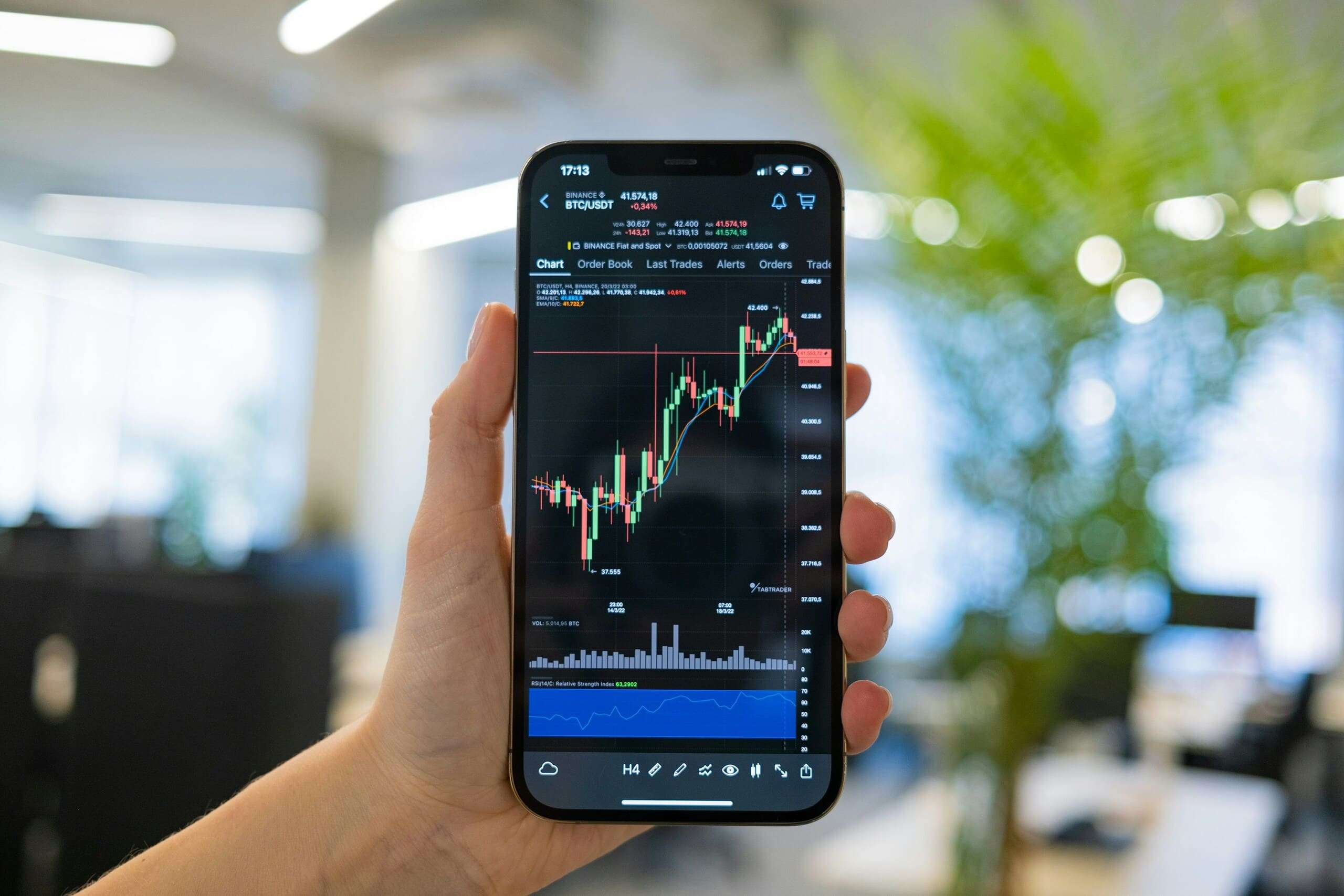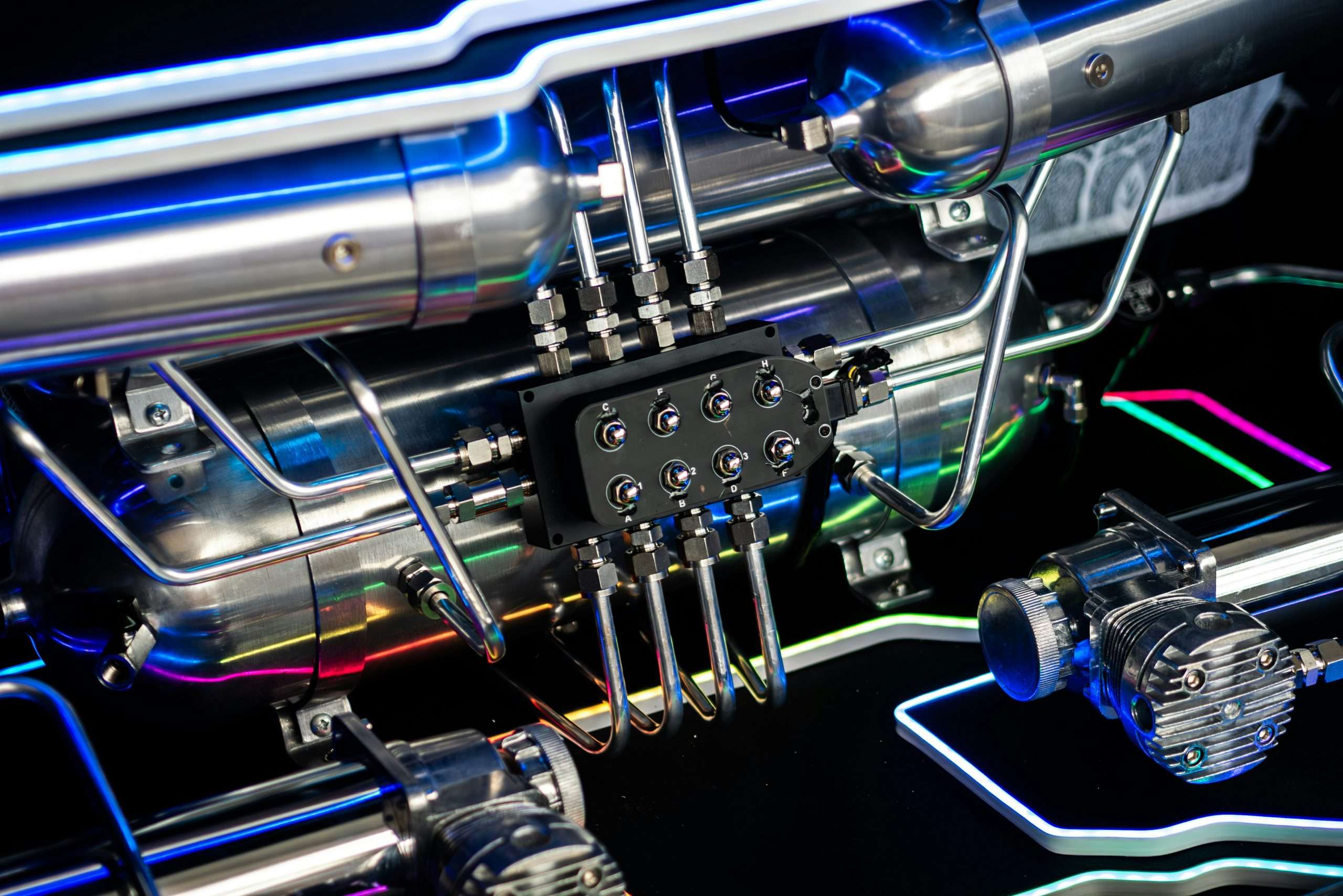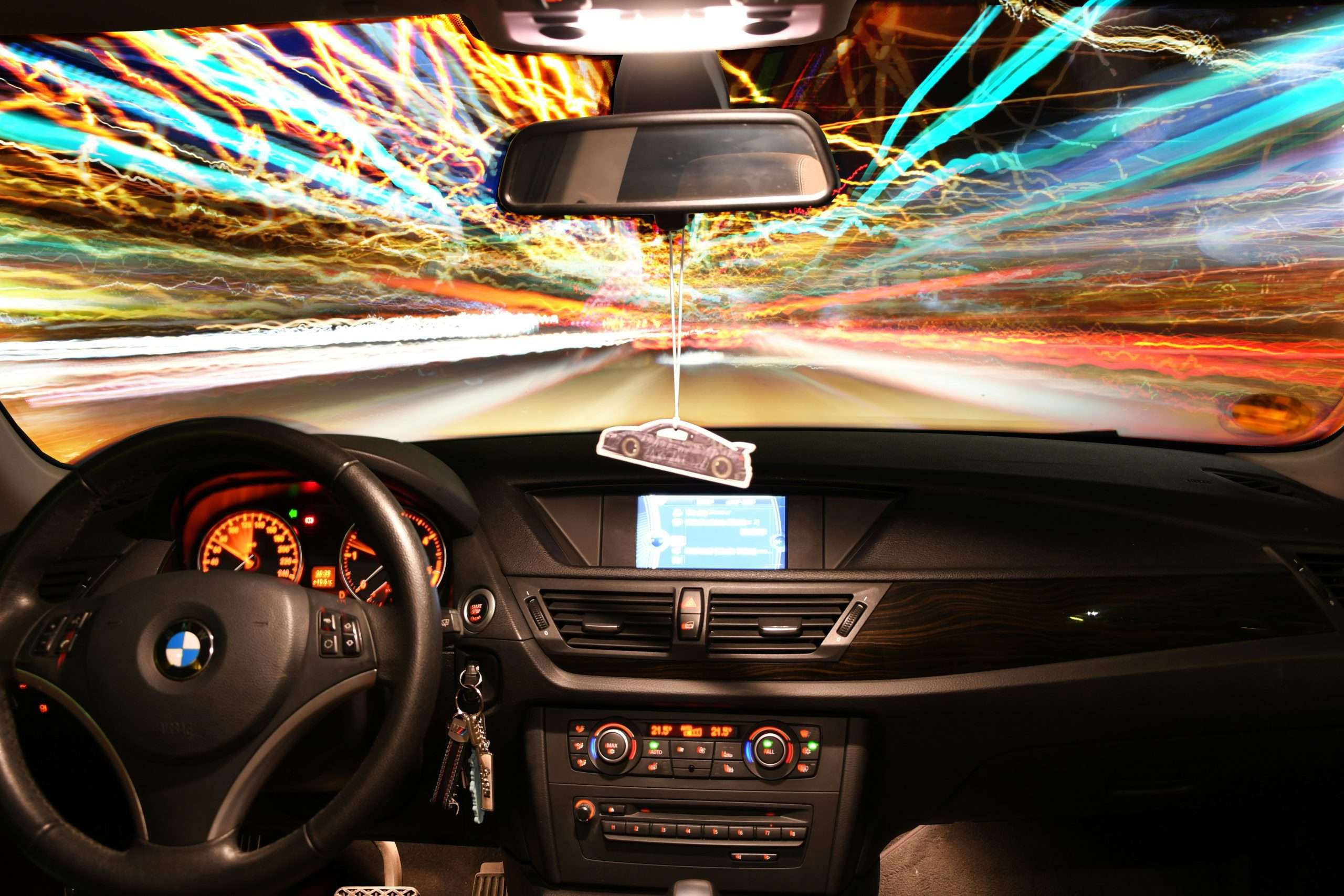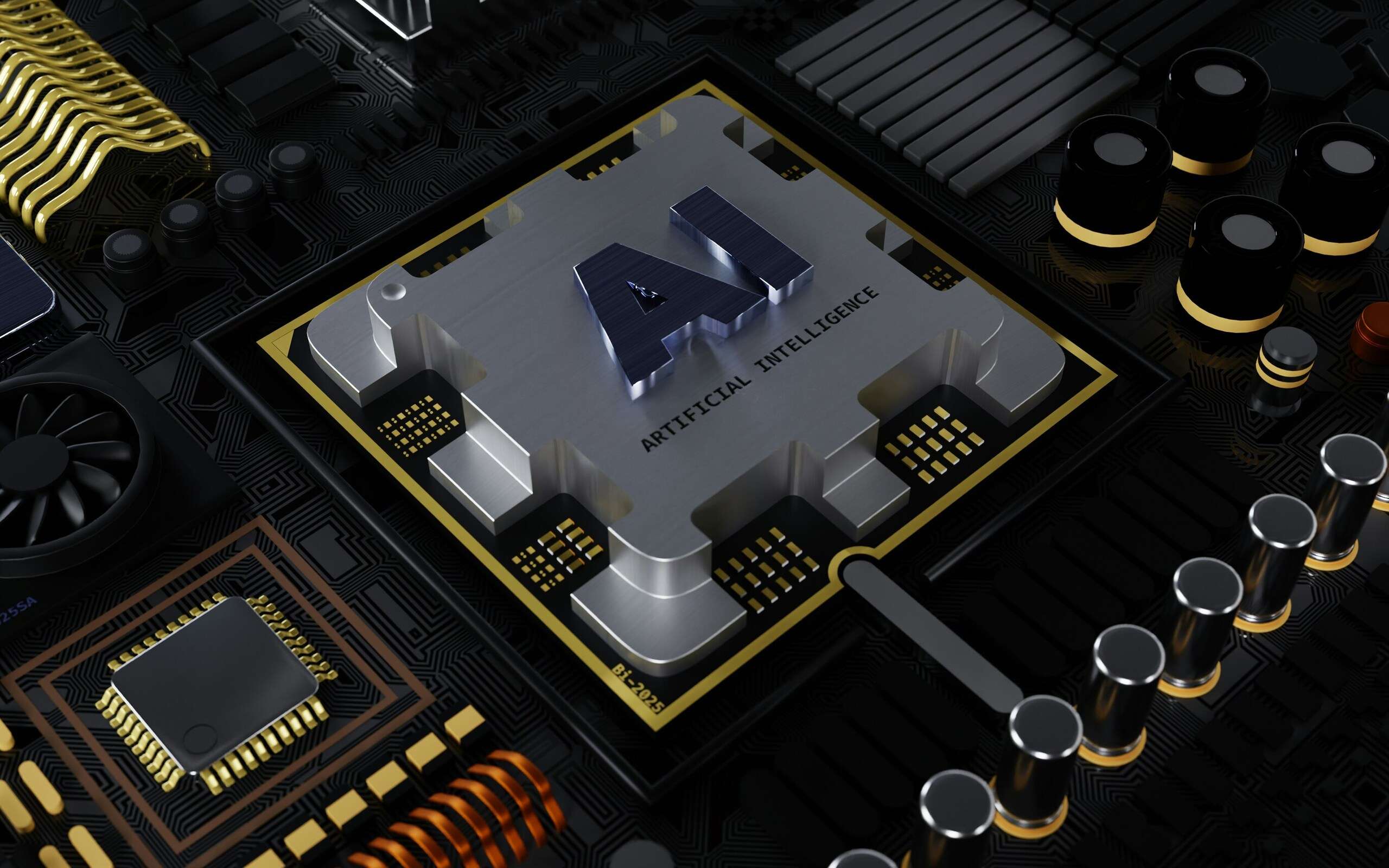In recent years, deep learning and neural networks have emerged as transformative technologies, reshaping industries with their unmatched capabilities in data analysis, automation, and decision-making. From healthcare to entertainment, the scope of Deep Learning Applications is rapidly expanding, offering innovative solutions to complex problems.
In this blog, we explore how these technologies are being integrated across various sectors and what the future holds.
Deep Learning applications in the Healthcare Industry

1. Medical Imaging and Diagnostics
One of the most impactful Deep Learning Applications in healthcare is medical imaging. Deep learning and neural networks significantly enhance diagnostic accuracy and efficiency. For instance, convolutional neural networks (CNNs) can detect anomalies in MRIs, CT scans, and X-rays, sometimes outperforming human experts in identifying conditions such as tumors or fractures.
2. Drug Discovery
Moreover, deep learning and neural networks accelerate drug discovery by analyzing large datasets of chemical compounds and biological responses. Recurrent neural networks (RNNs) and generative adversarial networks (GANs) predict drug interactions and side effects, streamlining the R&D process and reducing time-to-market for new medications.
3. Personalized Medicine
In the era of personalized care, Deep Learning Applications enable tailored treatment plans based on a patient’s genetic data. Neural networks analyze these complex datasets to predict treatment responses, particularly in fields like oncology, improving patient outcomes.
4. Clinical Documentation and Virtual Assistants
Natural language processing (NLP) models powered by deep learning assist in transcribing and analyzing clinical notes. Furthermore, AI-based virtual assistants utilize deep learning and neural networks to manage patient queries, schedule appointments, and offer real-time medical advice, enhancing administrative efficiency.
Deep Learning Applications in the Finance Industry

1. Fraud Detection
Financial institutions rely on deep learning and neural networks to detect fraudulent activities. Models like autoencoders and deep belief networks (DBNs) analyze transaction data to identify unusual patterns, improving fraud prevention systems.
2. Algorithmic Trading
Another major Deep Learning Application in finance is algorithmic trading. Deep learning algorithms, such as long short-term memory (LSTM) networks, process real-time market data to identify trading opportunities and execute strategies faster than any human could.
3. Risk Management
Additionally, neural networks are used in risk assessment by evaluating historical trends and current financial conditions. These systems improve credit scoring accuracy and investment decision-making, thereby minimizing financial risks.
Deep Learning Applications in the Retail Industry

1. Customer Insights and Personalization
Retailers use deep learning and neural networks to analyze customer data and create personalized shopping experiences. By examining behavior patterns, these systems offer product recommendations, improving both customer satisfaction and conversion rates.
2. Inventory Management
Predictive models based on deep learning help retailers manage inventory by forecasting demand. This minimizes stockouts and overstocking, reducing operational costs.
3. Visual Search
A standout Deep Learning Application in e-commerce is visual search. CNNs enable users to find products using images, enhancing user experience and simplifying the buying process.
Deep Learning Applications in the Manufacturing Industry

1. Predictive Maintenance
Manufacturers benefit from deep learning and neural networks through predictive maintenance. By analyzing machine sensor data, these systems forecast equipment failure and schedule timely repairs, reducing downtime.
2. Quality Control
Deep learning also automates quality control. CNNs inspect products for defects that may be missed by human eyes, ensuring consistent quality and minimizing waste.
3. Supply Chain Optimization
To further enhance efficiency, Deep Learning Applications are used in supply chain management. Neural networks analyze data from logistics, weather, and market demand to optimize production and distribution.
Deep Learning Applications in the Autonomous Driving Industry

1. Object Detection and Recognition
Autonomous vehicles heavily rely on deep learning and neural networks for object detection. CNNs identify pedestrians, vehicles, and road signs, enabling safe and intelligent navigation.
2. Path Planning and Navigation
Using deep reinforcement learning, neural networks assist autonomous systems in route planning. They respond in real-time to environmental changes, traffic, and road conditions.
3. Driver Assistance Systems
Modern driver assistance systems are another example of Deep Learning Applications. From adaptive cruise control to automatic emergency braking, deep learning enhances safety and comfort on the road.
Deep Learning Applications in the Entertainment Industry

1. Content Recommendation
Entertainment platforms like Netflix and Spotify use deep learning and neural networks to recommend content. RNNs analyze user behavior to deliver personalized experiences that keep users engaged.
2. Video and Image Enhancement
In media production, deep learning improves visual quality. GANs are used for super-resolution, denoising, and even restoring old footage, delivering a richer viewing experience.
3. Game Development
Game developers utilize Deep Learning Applications to create intelligent NPCs and generate lifelike graphics. Reinforcement learning enables these characters to adapt based on player behavior, making gameplay more immersive.
Conclusion
To sum up, the integration of deep learning and neural networks across industries is driving innovation and efficiency at an unprecedented scale. Whether it’s diagnosing diseases, predicting financial trends, or powering autonomous vehicles, Deep Learning Applications are unlocking new possibilities. As technology evolves and more data becomes accessible, these intelligent systems will continue to shape the future of every major sector.
Now more than ever, embracing deep learning and neural networks is not just an advantage—it’s a necessity for staying ahead in a data-driven world.
Talk to our solutions expert today.
Our digital world changes every day, every minute, and every second - stay updated.









